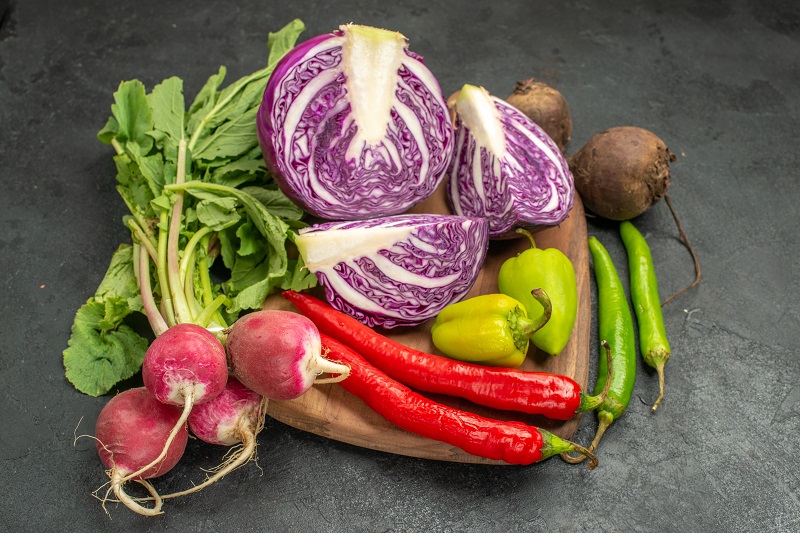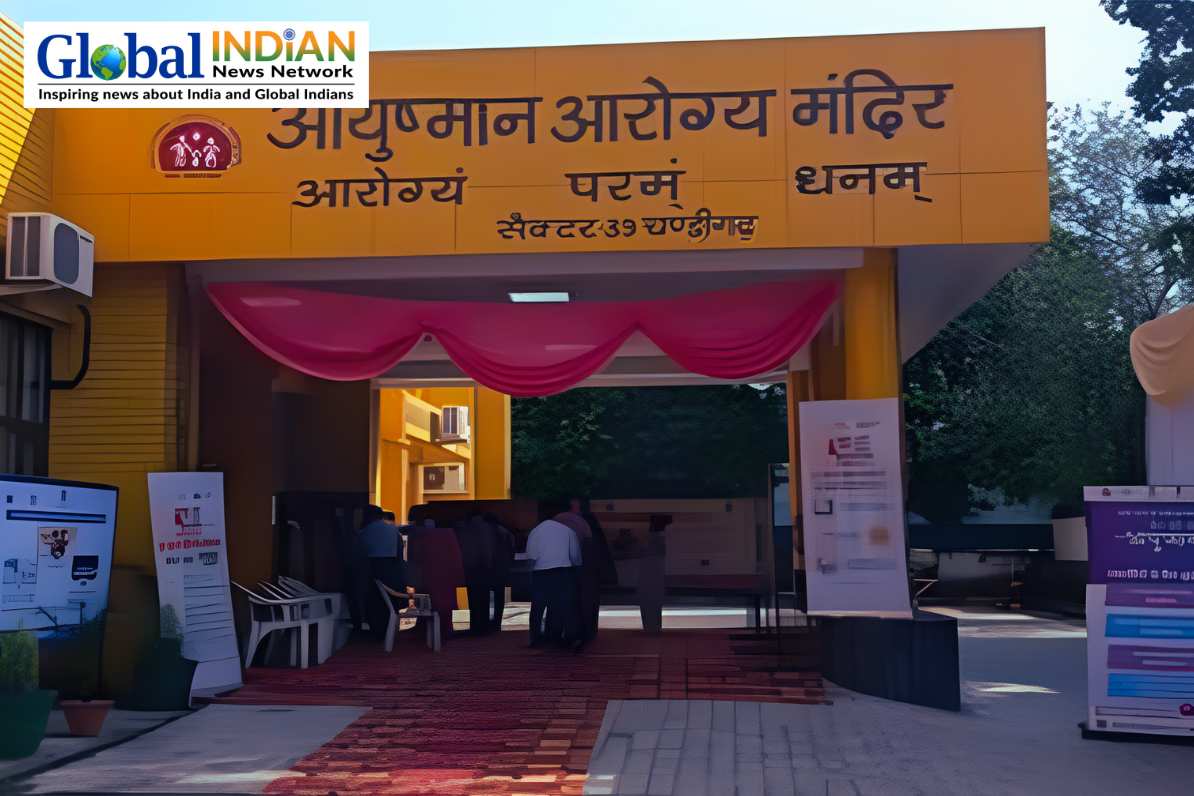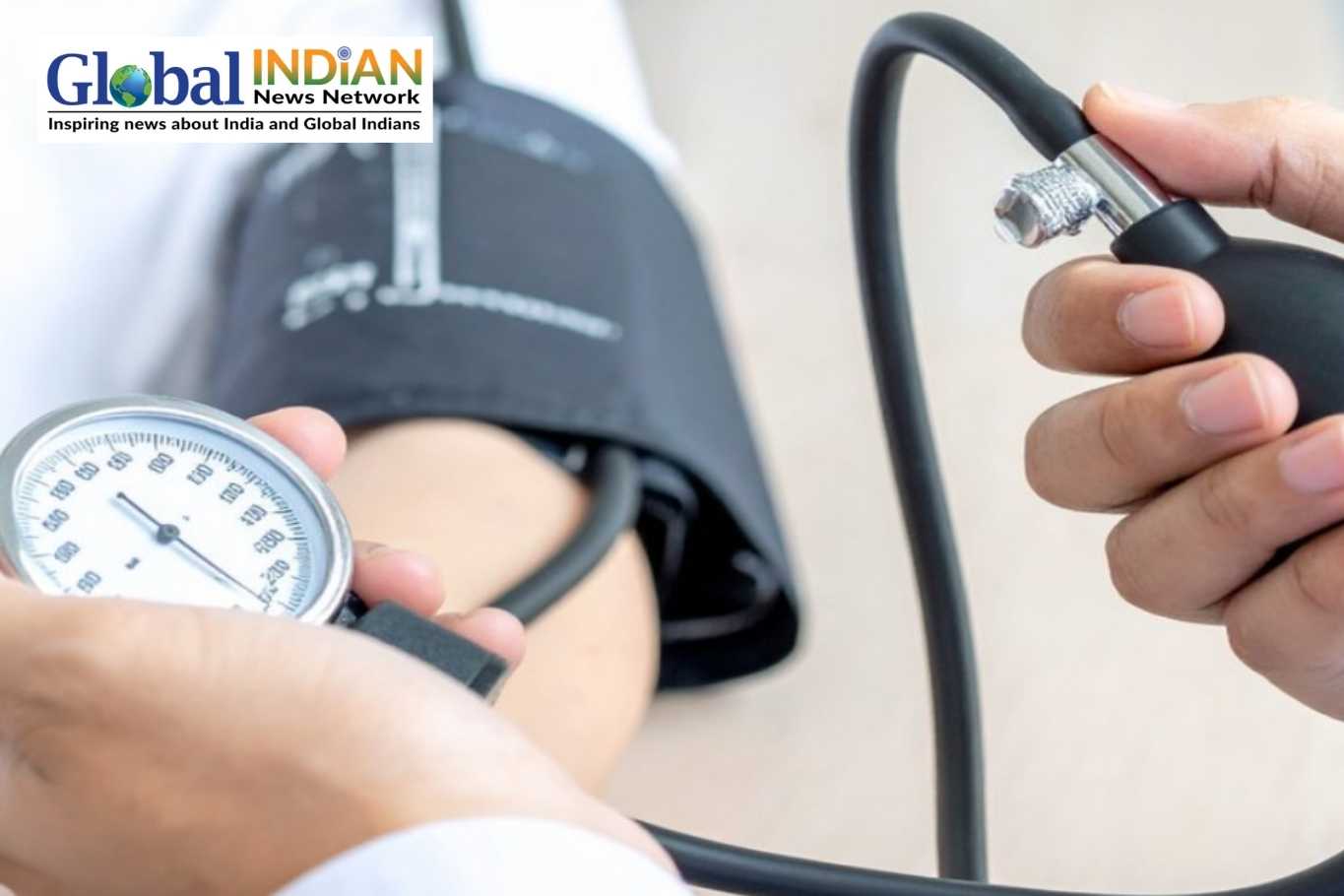
High blood pressure affects over one billion adults globally, highlighting the need for effective health strategies and research. A recent study in BMC Medicine explored how consuming cruciferous vegetables, such as broccoli and cauliflower, may aid in lowering blood pressure in individuals with mildly elevated levels.
The study indicated that participants who included four daily servings of cruciferous vegetables for two weeks experienced an average decrease of 2.5 mmHg in their 24-hour brachial systolic blood pressure. This reduction could correspond to a 5% lower risk of significant cardiovascular incidents.
Hypertension is a major health concern that heightens the risk of heart attacks and strokes, making blood pressure management crucial. The researchers focused on cruciferous vegetables, which include kale, broccoli, and cauliflower, to assess their effects compared to root and squash vegetables.
Conducted as a randomized, controlled crossover trial, the study involved 18 Australian participants aged 56 to 72 who had mild to moderate hypertension. The participants completed dietary questionnaires to establish their baseline diets and typical cruciferous vegetable intake while also providing data on physical activity and stress levels.
The study comprised two separate two-week phases, with participants alternating between consuming root and squash vegetables and cruciferous vegetables, prepared as soups for lunch and dinner. A significant 72% of participants adhered to the soup regimen.
Overall, results demonstrated that incorporating cruciferous vegetables reduced daytime systolic blood pressure but did not significantly impact nighttime readings. Additionally, those consuming cruciferous vegetables showed a decrease in serum triglyceride levels, further contributing to cardiovascular health.
Study authors Emma Connolly and Lauren Blekkenhorst emphasized that the modest drop in systolic blood pressure could lead to a meaningful decrease in cardiovascular risks. They highlighted the necessity of increasing the intake of these vegetables, which are often underrepresented in diets.
Christopher Berg, a cardiologist not involved in the study, praised the findings, noting that enhancing dietary intake of natural foods could result in significant biological improvements. The effects are likely linked to unique micronutrients found in cruciferous vegetables, which were similar in calories and nutrients to the control soup.
However, the study had limitations, such as the small sample size, lack of participant diversity, and challenges in generalizing the findings. Additionally, the recruitment was impacted by the COVID-19 pandemic, and complete blinding was not feasible due to taste differences between soups.
Despite these limitations, the study suggests that increasing cruciferous vegetable intake can positively affect blood pressure and offer other health benefits. Karen Z. Berg, a registered dietitian, recommended incorporating a variety of these vegetables into meals, highlighting their fiber content, vitamins, and potential cancer-fighting properties.
For those looking to improve their diet for better blood pressure management, incremental changes, such as adding a serving of vegetables to each meal, are advisable. Exploring various preparation methods, like adding kale to smoothies or snacking on raw broccoli, can make it easier to incorporate these healthy foods into daily routines.









